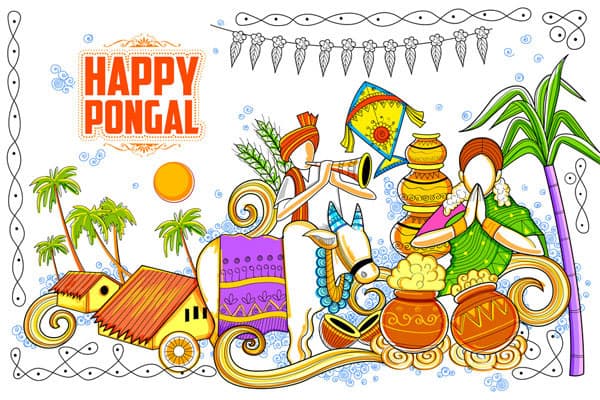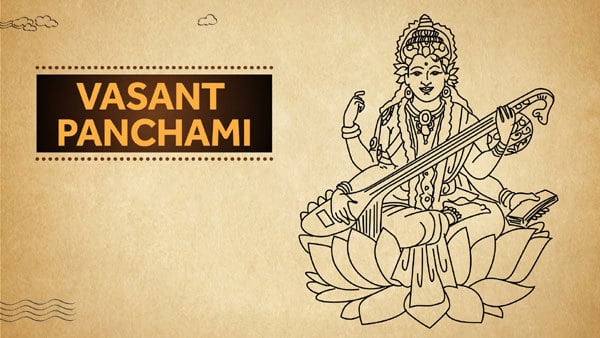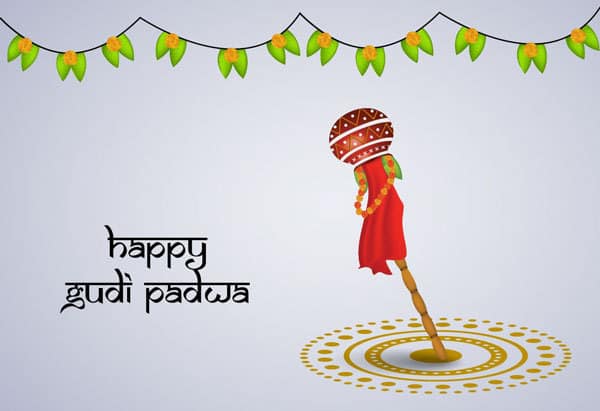Pongal 2018 Date: Significance, Puja Shubh Muhurat Time & Vidhi to Celebrate Pongal
Pongal marks the end of winter solstice and is celebrated at the start of Thai which is a Tamil Month. It is celebrated for a period of 4 days usually starting on 14th January 2018. It is the harvest festival celebrated in all the parts of the country and with different names and in Tamil Nadu it is referred as Pongal. People worship the Sun God and thank Him for his kindness due to which their crops have grown. People offer cooked rice to Sun God and celebrate this festival with enthusiasm.
Astronomical Significance
Pongal is a very auspicious occasion and it denotes sun’s movement from the tropic of cancer to the tropic of Capricorn. This upward or northward journey of sun is called Uttarayan. This lasts for a period of 6 months followed by Dakshinayan or moving southward. With Sun moving upward, people get the relief from the cold weather. Days start to become longer and nights start becoming shorter. It is the time when spring approaches.

Festival of Harvest
As we know that Pongal is regarded as a festival of harvest. It is a very important festival. Everyone gets busy in reaping the harvest. People are filled with joy and cook Pongal in the open courtyard. The fields look rambunctious and hearts are filled with gratitude and generosity. Winter is about to get over and weather is also getting more and more pleasant. The houses are cleaned and decorated. People take bath in lakes and rivers. Children get money as a token of love and they wear new clothes. The newly married girls are also given dresses and money on account of Pongal.
Date of Celebration
Pongal celebrations begin from the end of Maargazhi and lasts up to third day of Thai. These are Tamil Months and correspond to January as per the Gregorian calendar. The second day is considered the main day as it denotes beginning of Thai month. Each of the four dayshave a significance of their own. Listed below:
- 13th January, BhogiPandigaiFestival will be celebrated. This day IndraDev – The God of rain – is worshipped and thanked for providing rain for the flourishing harvest.
- 14th January, Surya Pongal will be celebrated. This day is the main day and Sun God is worshipped and thanked for the energy and warmth for producing such a flourishing harvest. Pongal Dish is prepared and presented to the Solar Deity. Interestingly, this dish is made towards the east facing the rising run. The first rice of the harvest are boiled with sugar and milk. It is believed that if this dish spills over while cooking, abundance will be there.
- 15th January, MaatuPongal will be celebrated and cows are worshipped for providing milk and helping the farmers to plough the field. They are bathed, decorated and fed pongal and other special feasts on this day. Bull Fighting takes place in some villages.
- 16th January, KaanumPongal will be celebrated. And birds are fed on this day. Women give rice balls to them and pray for the wellbeing of their brothers.
Puja ShubhMuhurat
A particular time in a day which is considered auspicious to perform the rituals. It is at this time people indulge in good deeds as more benefits could be reaped.
Time – On Surya Pongal which falls on 14th January 2018, the PunyaKaalMuhurat starts from 2:00 pm till 5:41 pm. It lasts for 3 hours and 41 minutes. The MahapunyaKaalMuhurat starts from 2:00 pm till 2:24 pm. The PunyaKaal activities need to be done in the day time and not postponed till the next day. During the PunyaKaal, one must take bath, offer food or prasadam to the Sun God and offer charity. One can also break the fast or perform rituals during this time.
Vidhi – Ladies of the house decorate an earthen vessel with vermillion and create a Swastika over it. Either the eldest or the youngest member of the family is required to fill in with rice and water. At the time of cooking, milk has to be added and then cooked. Once it is ready, it is presented to the Sky God. And then distributed among rich and poor alike and is eaten together in the evening. People also create rangoli or colorful patterns near the place where pongal is cooked.
Conclusion
This agricultural festival is celebrated with lot of fervor and enthusiasm. This festival is also celebrated in other parts of the country under different names. Such as in Punjab it is called as Lohri, in Maharashtra it is called MakarSankrant and in Gujarat it is called Uttarayan. This festival also marks the equality of rich and poor in the eyes of God as everyone be it poor or rich, sit together and enjoy the flavor of pongal from the freshly harvested rice.

